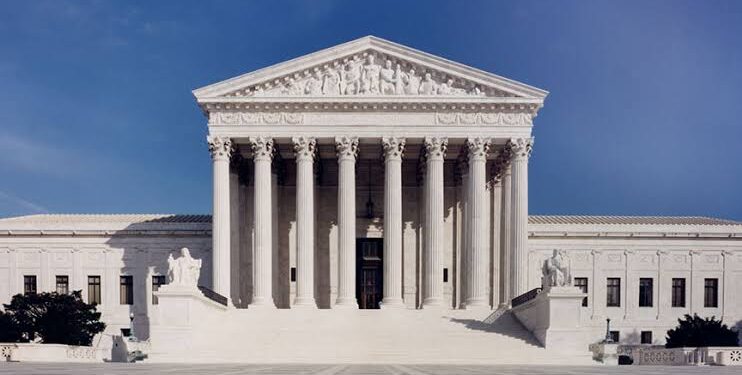The U.S. Supreme Court has handed Republicans a loss in a case concerning the rules for postal voting in the battleground state of Pennsylvania, just days ahead of the presidential election.
The justices rejected a request not to count provisional ballots used in the state when a voter’s mail-in ballot is flagged as potentially defective.
These provisional ballots are kept separately and counted only after verification.
The Republicans had asked for these votes not be counted.
This could have potentially invalidated thousands of absentee ballots, which often tend to favour Democratic voters.
The court’s decision allows these votes to be counted for the time being, but the Supreme Court could still revisit the issue later.
Further legal disputes are possible in the coming days.
There are expectations that fights over the validity of votes will continue after the Nov. 5 election, especially in states where the margin between the winner and loser could be only thousands of votes.
Republican presidential candidate Donald Trump has already raised baseless allegations of vote manipulation after his election defeat in 2020 and is now casting doubt on the integrity of the upcoming election.
The Supreme Court’s decision has particular significance in Pennsylvania, a critical battleground state in the election campaign.
With its 19 electors, the most populous of the seven so-called swing states could be decisive for the outcome of the election. (dpa/NAN)











